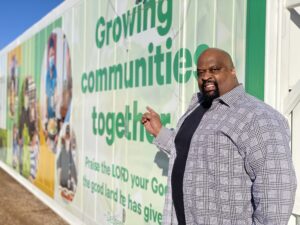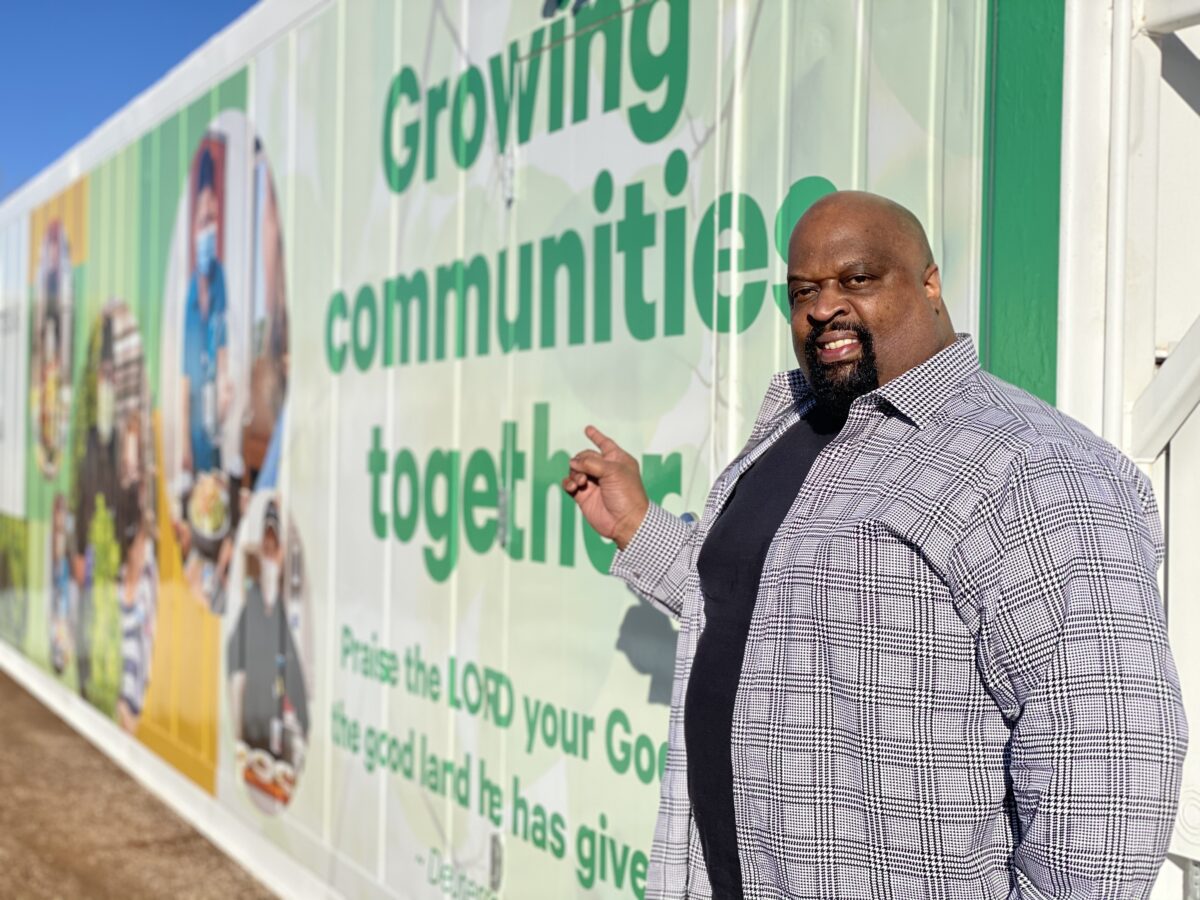The word “diversity” has taken on new meaning and greater significance in recent years, with businesses incorporating goals related to diversity and inclusion into their operations. But what does it really mean, and how is it influencing the trajectory of certain industries?

While some corporations pay lip-service to the idea and implement strategies simply to check a box, its role in CEA (controlled-environment agriculture) is outsized, and there’s widespread recognition that paying closer attention to ensuring diversity in all aspects can be an asset throughout the indoor ag community via job creation, food security, education and bridging long-standing equity gaps.
A diverse workforce, for example, brings together individuals with different backgrounds and experiences, bringing fresh and unique ideas and solutions to the table. This results in increased adaptability, and a broader range of perspectives, which can undoubtedly drive business growth and success while making a positive impact.
Varied backgrounds can help identify potential risks and opportunities that may have otherwise been overlooked. Diverse teams are also more likely to engage in constructive debates and discussions, leading to more well-rounded decisions. To take it a step further, employees today seek inclusive work environments where they feel valued and respected, and such environments are more likely to result in higher levels of employee engagement and retention. In turn, those employees are also more likely to be motivated, loyal, and committed to the success of the business.
When FarmBox Foods was in its infancy, it recognized the value of bringing different perspectives to its board room, and hired Derrick Holmes, who serves as the company’s chief diversity officer. His role, in part, is to help guide our strategies and establish closer ties with communities that have traditionally been underserved and underrepresented. Providing those communities with access to nutritious food has been at the forefront of FarmBox’s business plan; the company recognizes that providing something as fundamental as food security allows a community to thrive in other ways. This is something the company wants to be a part of.
As a privately-owned company, FarmBox has flexibility to pursue projects that it feels will have generational impacts, even if they’re not as lucrative as other projects. Each individual project is meaningful in its own way, and it would be foolish to conduct operations with a one-size-fits-all approach. The technology that FarmBox Foods has developed has a unique ability to transform communities and bridge the wealth gaps that persist in the U.S. and elsewhere. Deploying container farms where they’re needed most is, in FarmBox’s estimation, not only good for business, but good for the world.

